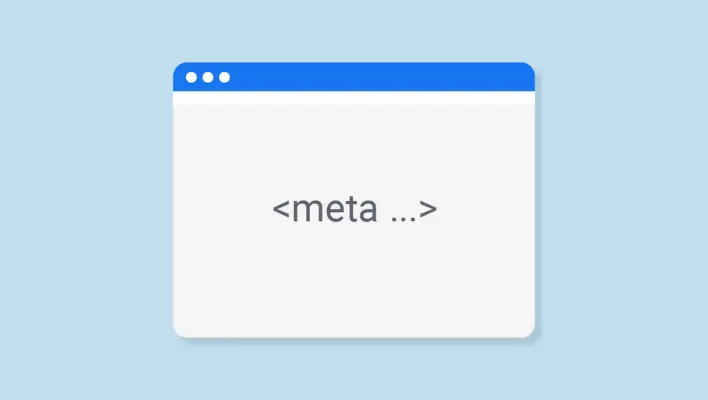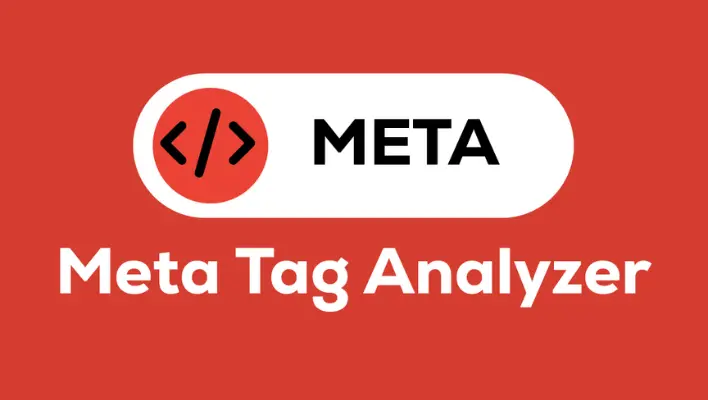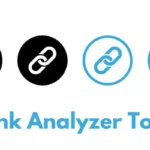How to Use a Meta Tags Analyzer to Optimize Your Website
In the ever-evolving world of online presence, having a website is just the beginning. To stand out in the vast digital landscape, you need to ensure that your website is not only visually appealing but also optimized for search engines. One essential aspect of this optimization is the effective use of meta tags. Meta tags play a crucial role in providing search engines with information about your website, helping them understand its content and relevance. However, manually analyzing meta tags can be time-consuming and daunting. This is where a meta tags analyzer comes into play.
Contents
What is a Meta Tags Analyzer?

A meta tags analyzer is a tool designed to examine the meta tags on a webpage and provide insights into their effectiveness. Meta tags are snippets of HTML code that provide information about a webpage to search engines and website visitors. These tags include meta titles, meta descriptions, and meta keywords, among others.
How Does a Meta Tags Analyzer Work?
A meta tags analyzer works by scanning the HTML code of a webpage and extracting relevant meta tag information. Once the analysis is complete, the tool presents the findings in a structured format, highlighting areas for improvement and optimization. Users can then use this information to enhance their website’s visibility and performance in search engine results.
Key Features of a Meta Tags Analyzer
- Meta Title Analysis: The meta title is one of the most critical meta tags for SEO. A meta tags analyzer evaluates the length, relevance, and keyword usage of the meta title to ensure it is optimized for search engines.
- Meta Description Analysis: The meta description provides a brief summary of the webpage’s content. A meta tags analyzer assesses the length, clarity, and keyword usage of the meta description to enhance click-through rates and improve search engine visibility.
- Meta Keywords Analysis: Although meta keywords are not as influential as they once were, some search engines still consider them when indexing webpages. A meta tags analyzer examines the relevance and usage of meta keywords to determine their impact on search engine rankings.
- Header Tags Analysis: Header tags (e.g., H1, H2, H3) are important for structuring content and signaling its relevance to search engines. A meta tags analyzer evaluates the hierarchy and usage of header tags to ensure proper organization and optimization.
- URL Analysis: The URL structure can also impact a webpage’s visibility in search engine results. A meta tags analyzer checks the structure, length, and keyword inclusion in the URL to optimize for both search engines and users.
- Image Alt Text Analysis: Alt text provides alternative text descriptions for images, helping search engines understand their content. A meta tags analyzer assesses the relevance and optimization of image alt text to improve accessibility and search engine rankings.
- Social Meta Tags Analysis: Social meta tags (e.g., Open Graph tags, Twitter cards) enhance the appearance of webpages when shared on social media platforms. A meta tags analyzer reviews the implementation and optimization of social meta tags to improve engagement and visibility on social networks.
How to Use a Meta Tags Analyzer Effectively
- Enter the URL: Start by entering the URL of the webpage you want to analyze into the meta tags analyzer tool.
- Initiate Analysis: Once the URL is submitted, initiate the analysis process. The tool will scan the webpage’s HTML code and extract relevant meta tag information.
- Review Results: After the analysis is complete, review the results provided by the meta tags analyzer. Pay attention to areas where optimization is needed, such as meta titles, meta descriptions, and header tags.
- Make Adjustments: Use the insights provided by the meta tags analyzer to make adjustments to your website’s meta tags. This may involve rewriting meta titles and descriptions, optimizing header tags, and updating social meta tags.
- Monitor Performance: After implementing changes, monitor the performance of your website in search engine results. Track changes in rankings, click-through rates, and organic traffic to assess the effectiveness of your optimization efforts.
Conclusion
A meta tags analyzer is a valuable tool for optimizing your website’s meta tags and improving its visibility in search engine results. By analyzing key elements such as meta titles, meta descriptions, header tags, and social meta tags, you can enhance your website’s relevance and accessibility to both search engines and users. By using a meta tags analyzer effectively, you can stay ahead of the competition and drive more traffic to your website.



















